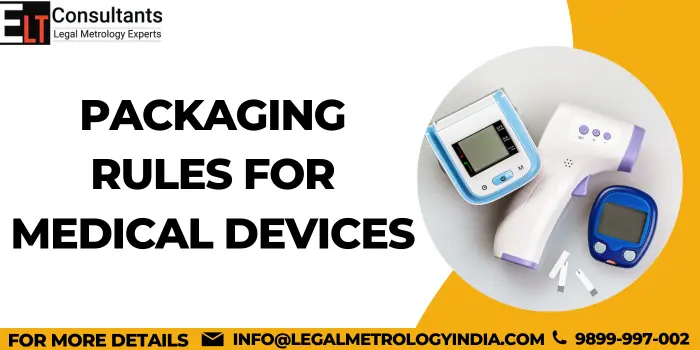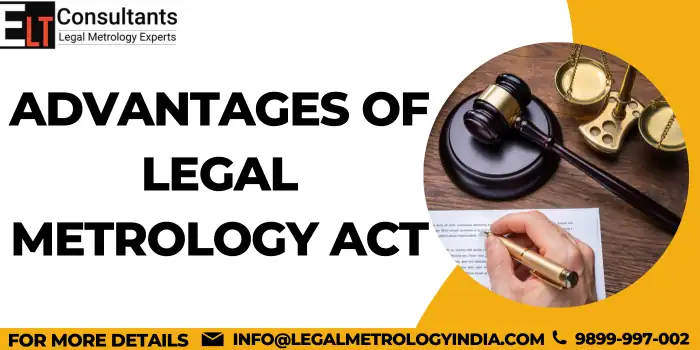Packaging Rules for Medical Devices
Packaging plays an important role between the trader and the consumer. A trader is provided with the advantage of advertisement through the package of the product and for the consumer is getting the benefit of having detailed information about the product. It has always been seen that more information provided on the product is equal to more customer to be attracted towards the product as the consumer is getting more knowledge with regards to the manufacturing of such product and get the awareness about the ingredients involved in making the product or any spare parts including its expiry date and also the way of using such product. Packaging is a wrapper or a cover or any type of covering material that is required to provide safeguard to the product from being exposed to sunlight or dust. Similarly, even medical devices registration has been covered under the packaging rules but in recent times, it has been observed that the medical device makers may be exempted from the packaging rules. The rules are applicable on multiple product packaging such as if you are packaging medicine such as Cenforce 150 Mg then you also have to understand them. In this article we are going to discuss the packaging rules and the exemption of medical devices which may happen for the makers of medical devices. What are the various laws on packaging? Various laws have been set up for the legal requirements of packaging in every field whether utilities, food, medical devices, or other products, etc. Under the ambit of the packaging of a product, Various laws have been regulated such as: Can Medical Device Makers Be Exempted From Packaging Rules? Medical devices Testing and Certification ELT Corporate is an Expert in Compliance The expert of legal metrology who actively participated in the standardization committee to gain unique technical expertise and actively stay informed of the latest changes to the compliance requirement. They will tell you about the process of compliance and why speaking to an expert is a better way to determine if your device is eligible for testing or require any other thing for the better compliances. ELT corporate does the comprehensive compliance testing of your medical electric equipment and the system ensures the safety, performance of your product, and quality. ELT corporate can help you to understand the specific standard requirement relevant to your product. The Advantage to Choosing ELT Corporate for Compliances ELT Corporate provides you with a single source provider while receiving all the documents from one place and saves your time and money to get your device into the market as fast as it can. It is one of the biggest corporations of compliance which provides the best way to every manufacturer and importer of medical devices. The laboratories are equipped with a wide range of active medical devices testing systems and also it is ready to serve you during the certification there are several other benefits of choosing ELT corporates such as: Why choose ELT corporate for the compliances? ELT corporate is an expert in medical devices, medical electric equipment specialty in market assist service, and also it serves you and the business around the world. It gained the confidence of its customer in these certification options and market knowledge by building the ideal certification package from the comprehensive list of services through a single source provider. It is a globally operational certification body with a wide range of testing facilities and certified staff serving an extensive portfolio of customers from every industry.










